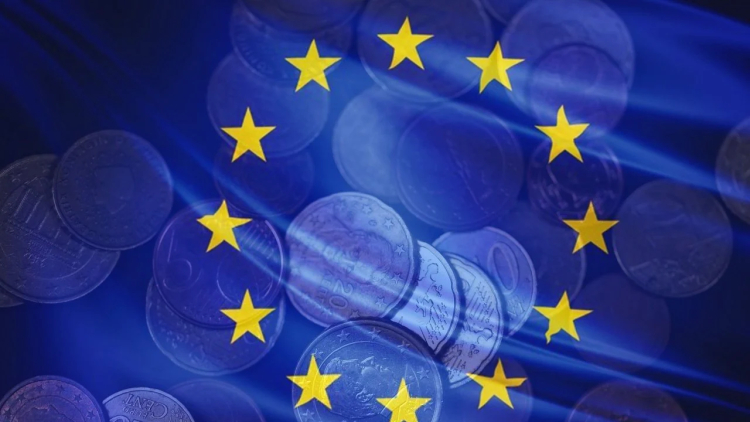China and US Tighten Payment Grip on Europe—Can the Digital Euro Restore Sovereignty?
Europe faces rising dependence on U.S. and Chinese payment systems. The digital euro is key to restoring financial autonomy and ensuring resilience against global competitors.

China and US Tighten Payment Grip on Europe—Can the Digital Euro Restore Sovereignty?
Europe is grappling with increasing dependence on U.S. and Chinese payment systems. Amid growing reliance on global players like Mastercard, Paypal, and China's burgeoning digital currency, the European Union is exploring the digital euro as a way to regain financial autonomy and resilience.
Europe’s Path to Financial Sovereignty Through the Digital Euro
Burkhard Balz, a member of the executive board at Germany’s central bank (Bundesbank), emphasized the strategic importance of the digital euro in an interview with Süddeutsche Zeitung. He described it as a critical initiative to strengthen Europe’s position in an increasingly digitalized and competitive global financial ecosystem.
Balz clarified that the digital euro would coexist with physical cash, ensuring citizens retain the option of cash payments. “As long as people want cash, they will have access to it,” he stated, dispelling fears that the digital euro would lead to the abolition of cash.
However, Balz warned of Europe’s growing reliance on non-European payment providers, pointing out the risks of being overly dependent on foreign systems like Mastercard and Paypal. He stressed:
"Dealing with the USA and China is going to be rough. We need to buckle up."
China’s Digital Currency and Its Growing Influence
China’s advances in creating a central bank digital currency (CBDC) are seen as a game-changer. Balz acknowledged China’s technological leadership in this space but noted challenges related to financial stability and economic development. Despite these hurdles, China’s digital currency poses a competitive threat to European sovereignty.
Balz raised concerns over the use of Chinese payment platforms like Alipay at public events in Germany, a trend he fears could expand if Europe fails to develop its own alternatives.
The Urgency of the Digital Euro
For Balz, the digital euro represents more than just a payment innovation—it is a safeguard for Europe’s financial independence. He highlighted the absence of significant private-sector initiatives over the past three decades, which has forced central banks to step in and lead the charge.
Balz underscored that the digital euro is not intended to replace cash but to create a resilient, autonomous framework that ensures Europe’s competitiveness and sovereignty in the global payment landscape.
"We basically have to represent our positions and interests very clearly," Balz stated, reiterating the need for European-led initiatives to counterbalance the influence of global payment giants.
What's Your Reaction?















